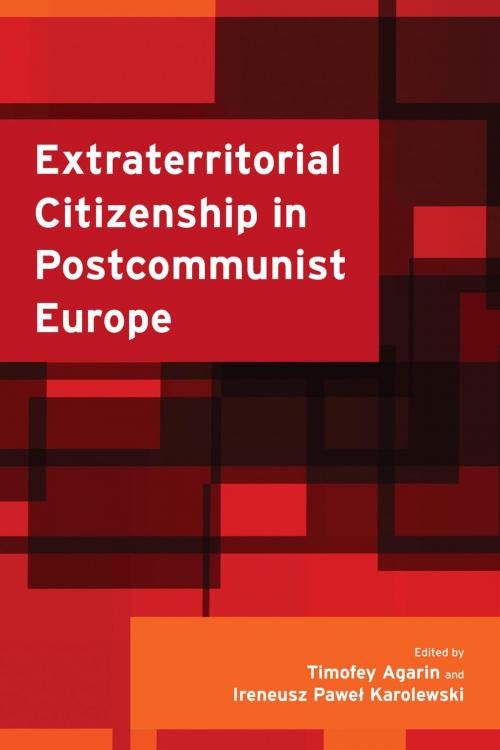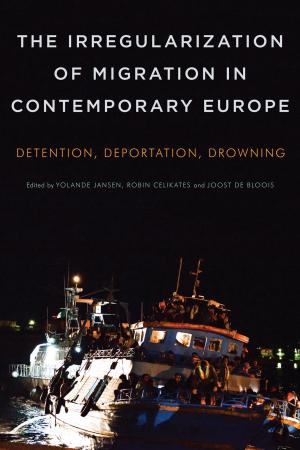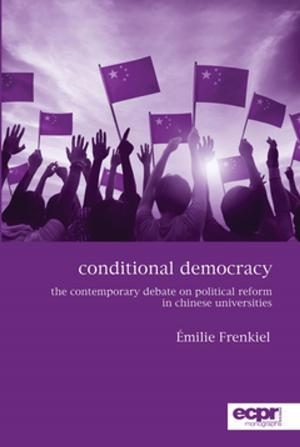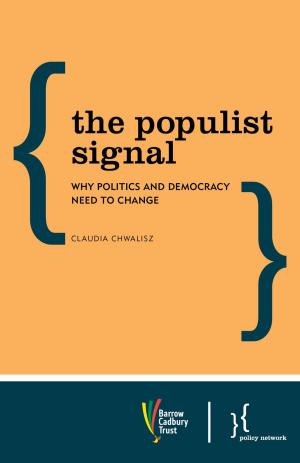Extraterritorial Citizenship in Postcommunist Europe
Nonfiction, Social & Cultural Studies, Political Science, Government, Social Policy, Social Science, Cultural Studies, Emigration & Immigration, Communism & Socialism| Author: | ISBN: | 9781783483648 | |
| Publisher: | Rowman & Littlefield International | Publication: | September 29, 2015 |
| Imprint: | Rowman & Littlefield International | Language: | English |
| Author: | |
| ISBN: | 9781783483648 |
| Publisher: | Rowman & Littlefield International |
| Publication: | September 29, 2015 |
| Imprint: | Rowman & Littlefield International |
| Language: | English |
What role does the protection of citizens abroad play in motivating states’ policies? How does citizenship of non-residents map onto domestic nation-building projects? And in what ways do extraterritorial citizenship issues differ from those related to diaspora and migration?
This volume develops a new analytical framework for emerging research on how states establish relationships with non-resident citizens and resident non-citizens. It provides new insights on the changing relationship between states and the societies they govern, particularly in light of the liberalization of the state institutions on the one hand and their approach to citizenship as a political resource on the other. Examining a range of European states in the post-communist region, the book illustrates the complex geopolitical interests and interstate relations involved with these policy decisions, whilst highlighting the relevance of similar issues around the globe.
What role does the protection of citizens abroad play in motivating states’ policies? How does citizenship of non-residents map onto domestic nation-building projects? And in what ways do extraterritorial citizenship issues differ from those related to diaspora and migration?
This volume develops a new analytical framework for emerging research on how states establish relationships with non-resident citizens and resident non-citizens. It provides new insights on the changing relationship between states and the societies they govern, particularly in light of the liberalization of the state institutions on the one hand and their approach to citizenship as a political resource on the other. Examining a range of European states in the post-communist region, the book illustrates the complex geopolitical interests and interstate relations involved with these policy decisions, whilst highlighting the relevance of similar issues around the globe.















